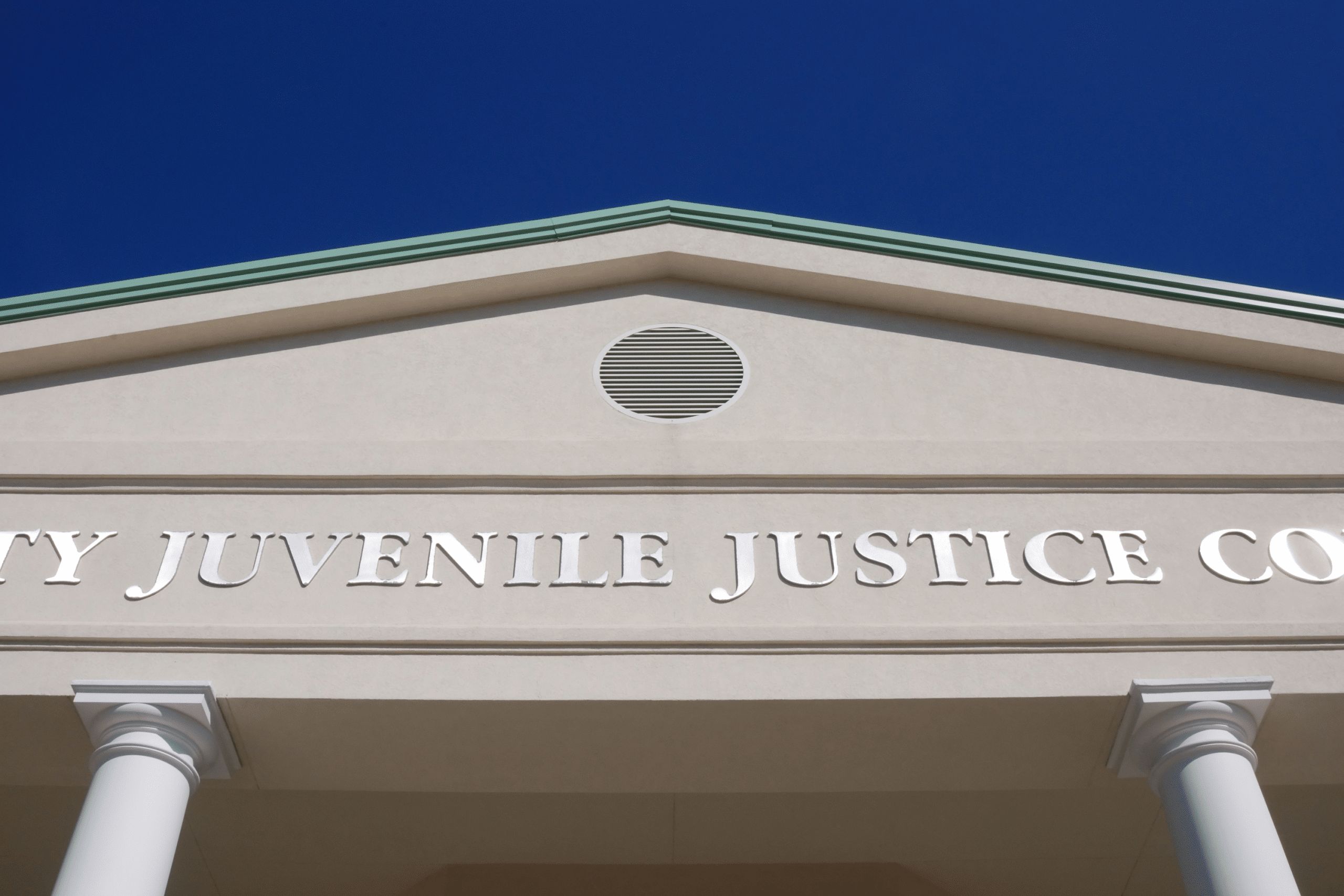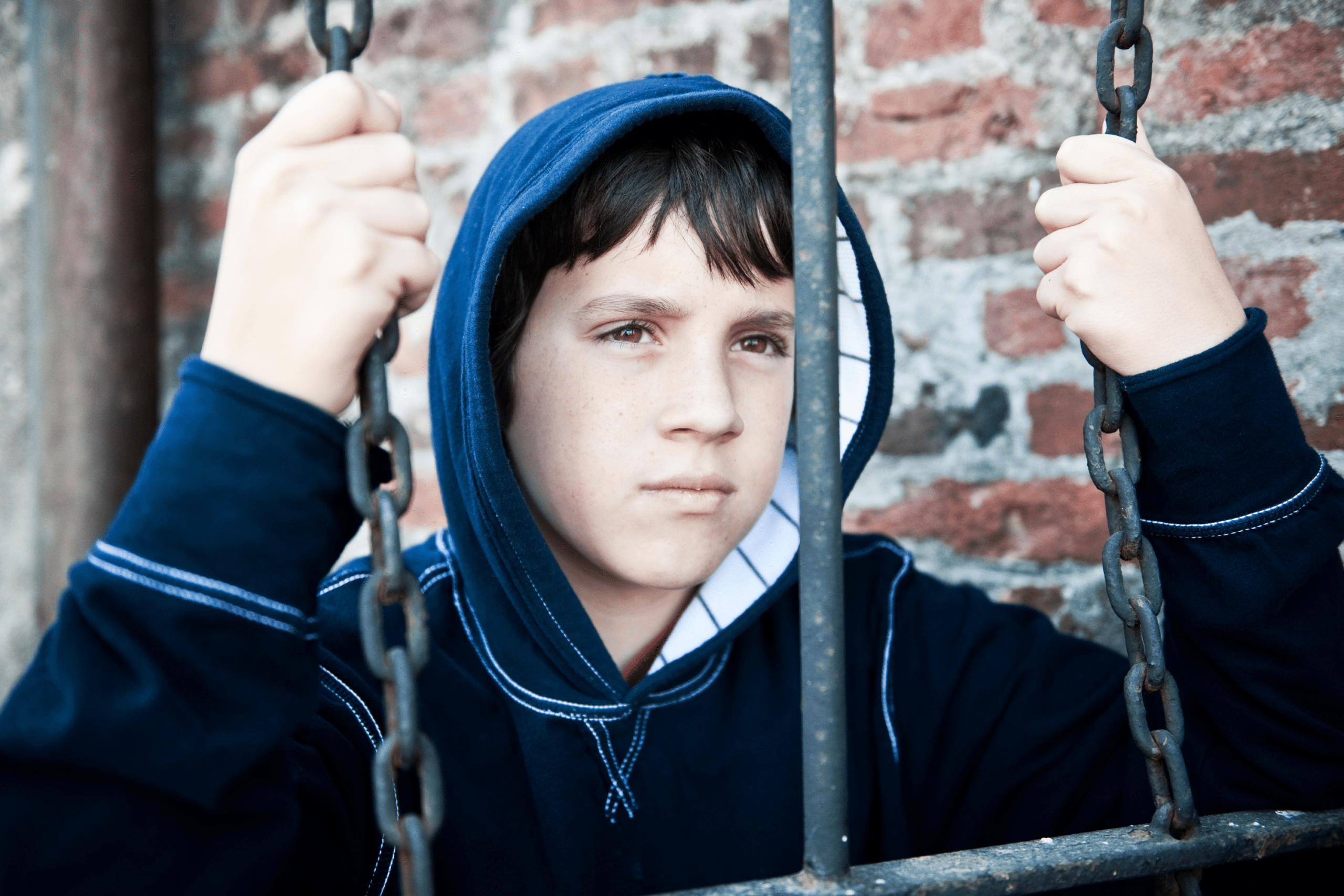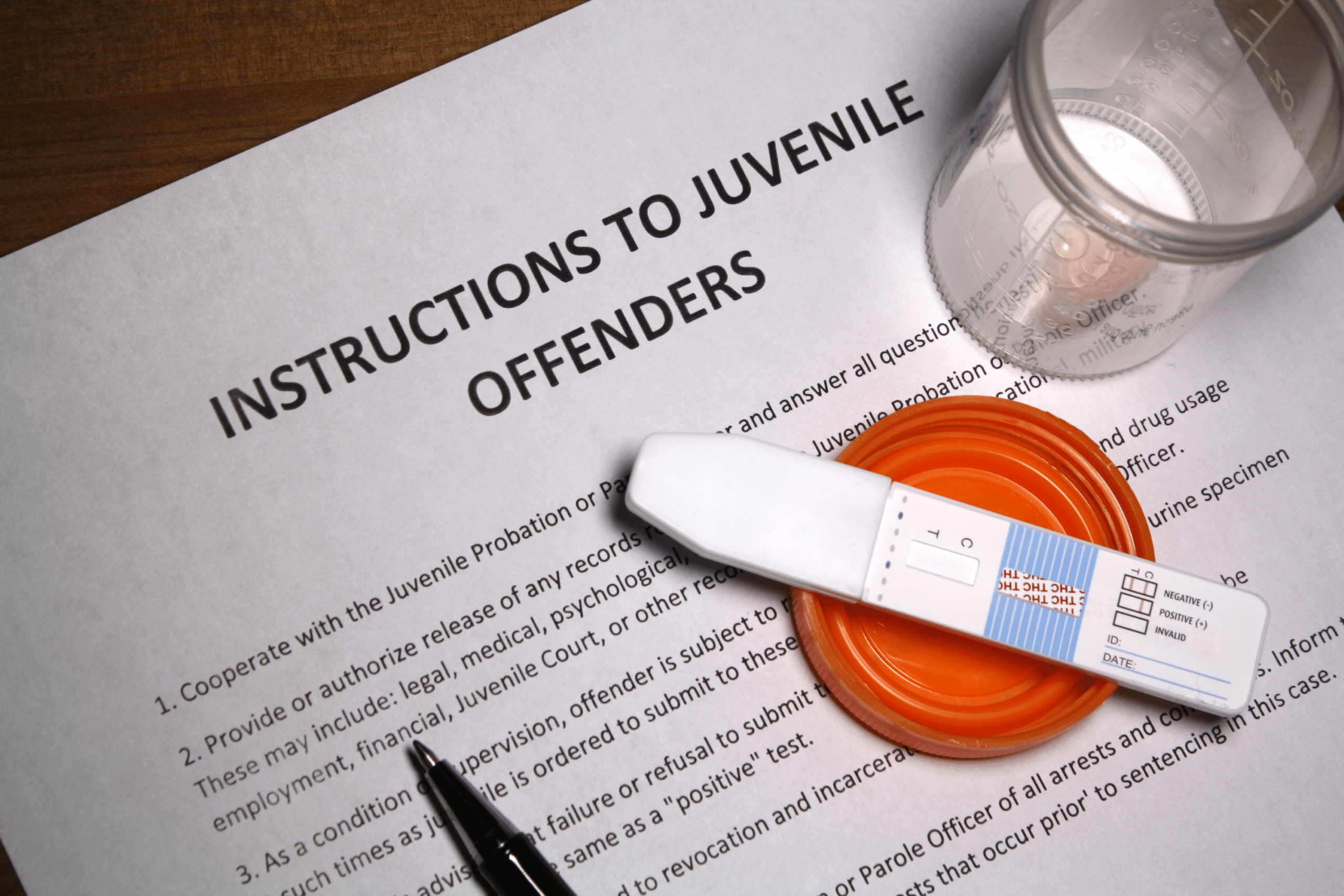Juvenile charges can be a daunting and overwhelming experience for the young person involved and their family. In Minnesota, the juvenile justice system operates under a different set of rules and procedures than the adult criminal system, focusing more on rehabilitation than punishment. Understanding how to navigate juvenile charges in Minnesota is crucial for ensuring the best possible outcome for the accused minor.
This blog will explore the juvenile justice process in Minnesota, common charges, potential penalties, and effective defense strategies.
Understanding the Juvenile Justice System in Minnesota
The juvenile justice system in Minnesota is designed to address offenses committed by individuals under 18. The primary goal of this system is rehabilitation and reintegration into society rather than punishment. This approach acknowledges that young people have the potential for change and growth.
Juvenile cases in Minnesota are typically handled in juvenile court, which operates under the Minnesota Rules of Juvenile Delinquency Procedure. This court has jurisdiction over delinquency matters, including criminal acts committed by minors and status offenses, which are activities that are only considered offenses due to the offender’s age (e.g., truancy or curfew violations).
Common Juvenile Charges in Minnesota
Some of the most common juvenile charges in Minnesota include:
Theft and Burglary. Minors may be charged with theft or burglary for stealing or attempting to steal property.
Assault. This can range from minor physical altercations to more serious incidents involving injury.
Drug Offenses. Possession, use, or distribution of illegal substances.
Vandalism. Damage to property, including graffiti or destruction of school property.
Status Offenses. Activities that are only offenses because of the minor’s age, such as underage drinking, truancy, and curfew violations.
Understanding the MN Juvenile Court Process
The process of navigating juvenile charges in Minnesota involves several key stages:
Intake and Assessment. When a minor is accused of an offense, the case begins with an intake process where a probation officer or intake worker assesses the case. This assessment includes evaluating the minor’s background, the severity of the offense, and the risk of reoffending.
Detention Hearing. If the minor is detained, a detention hearing is held within 36 hours (excluding weekends and holidays) to determine whether the minor should remain in custody or be released.
Petition. If the case proceeds, a petition is filed, formally charging the minor with the offense. The petition outlines the allegations and the specific laws the minor is accused of violating.
Adjudication Hearing. At this hearing, the minor has the opportunity to admit or deny the charges. If the charges are denied, the case goes to trial, where evidence is presented, and witnesses may testify.
Disposition Hearing. If the minor is found delinquent (guilty), a disposition hearing is held to determine the appropriate consequences. The focus is on rehabilitation and may include probation, community service, counseling, or placement in a juvenile facility.
Potential Penalties That Minnesota Juveniles Can Face
The penalties for juvenile offenses in Minnesota vary depending on the nature and severity of the offense, as well as the minor’s prior record. Common penalties include:
Probation. Supervised release with specific conditions the minor must follow, such as attending school, counseling, or community service.
Counseling and Rehabilitation Programs. Participation in programs designed to address underlying issues such as substance abuse, anger management, or behavioral problems.
Restitution. Payment to victims for any damage or loss caused by the minor’s actions.
Community Service. Completing a specified number of hours of service to the community.
Facility Placement. In more severe cases, the minor may be placed in a juvenile detention facility or a residential treatment center.
Defense Strategies for Juvenile Charges in MN
Effective defense strategies are crucial for achieving a favorable outcome in juvenile cases. Some common defense strategies include:
Lack of Evidence. Challenging the prosecution’s evidence by demonstrating inconsistencies, lack of reliable witnesses, or insufficient proof of the minor’s involvement.
Violation of Rights. Arguing that the minor’s constitutional rights were violated during the arrest, search, or interrogation process.
Diversion Programs. Advocating for the minor’s participation in diversion programs that focus on rehabilitation rather than formal court proceedings.
Character Evidence. Presenting evidence of the minor’s good character, academic achievements, and involvement in positive activities to argue for leniency.
Negotiation. It is not a strategy per se; negotiation tends to happen in concert with any other defense strategy. It involves working with the prosecution to negotiate a plea deal that results in reduced charges or alternative sentencing options.
Navigating the juvenile justice system can be complex and overwhelming, but it is essential to remember that when it comes to underage offenders, our state prioritizes rehabilitation over punishment.
That being said, it is essential to have experienced legal representation to guide you through the process, protect the minor’s rights, and advocate for the best possible outcome. If your juvenile is convicted, it is something that can follow them around long after they become an adult.
An attorney with a successful track record in juvenile law can provide invaluable support, from challenging the evidence to negotiating favorable terms for the minor, ensuring their rights are protected, and that they have the opportunity for a positive future.
 If you or a loved one is facing juvenile charges, seek the assistance of a knowledgeable attorney to navigate the complexities of the juvenile justice system and work towards a favorable resolution.
If you or a loved one is facing juvenile charges, seek the assistance of a knowledgeable attorney to navigate the complexities of the juvenile justice system and work towards a favorable resolution.
About the Author:
Christopher Keyser is an AV-Preeminent rated criminal and DWI defense attorney based in Minneapolis who is known for fighting aggressively for his clients and utilizing innovative tactics to get the most positive results. He has been featured in numerous media outlets due to the breadth and depth of his knowledge and has been named a Certified Specialist in Criminal Law by the Minnesota Bar Association. Mr. Keyser is Lead Counsel rated, and he has received recognition for his criminal law work from Avvo, Expertise, and Super Lawyers.







